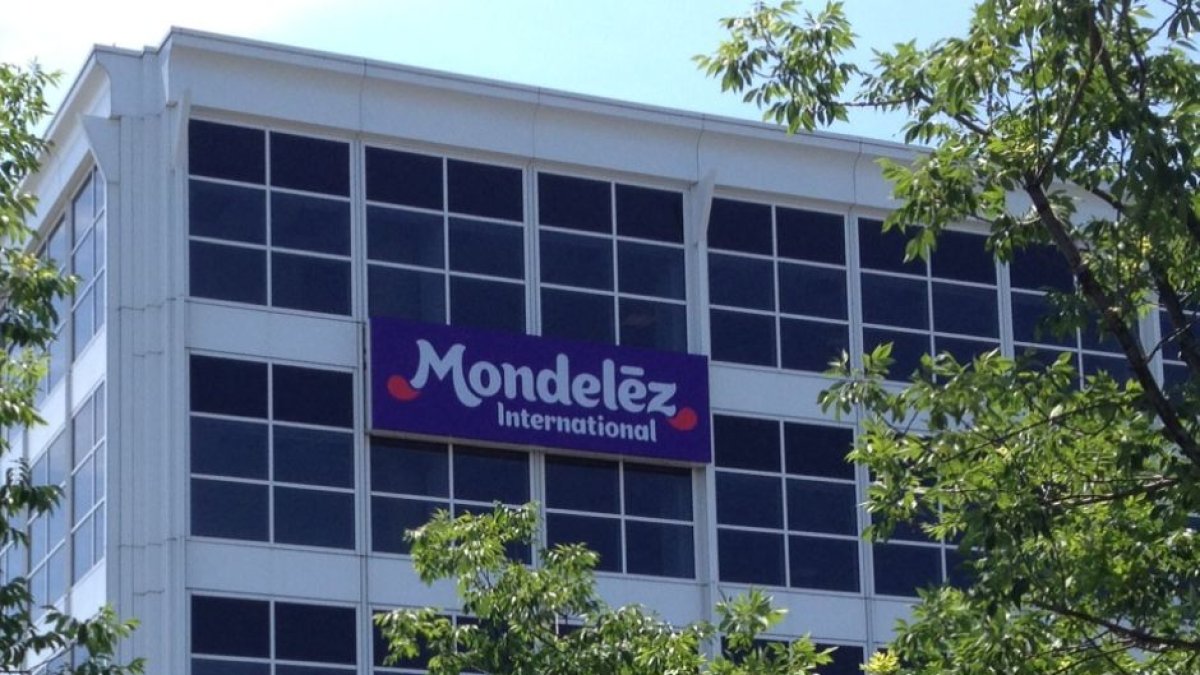European Union sanctions Mondelez with $366 million for violating competition rules
The producer of Oreo or Toblerone hindered cross-border trade within the European economic area.

(Wikimedia Commons)
The European Commission, the executive body of the E.U., has decided to sanction American food company Mondelez, whom it accuses of violating its competition rules. The value of the fine amounts to $366 million.
European authorities accuse Mondelez of hindering cross-border trade of chocolate, biscuits and coffee products between E.U. member states, violating competition rules. In the European Union, territorial limitations on supply by producers are a type of non-regulatory barriers to the proper functioning of the single market. In addition to this, the E.U. assured that the company that produces Oreo and Toblerone also abused its dominant position in the chocolate market.
Higher prices depending on the country
According to the European Commission, Mondelez carried out 22 anti-competitive agreements or concerted practices, violating Article 101 of the Treaty on the Functioning of the European Union. Mondelez's goal was to prevent cross-border trade from leading to a decrease in prices in countries with higher prices. Such illegal practices allowed Mondelez to continue charging more.
In the European Union, although there are rules that allow the free movement of individuals and goods within its space, there are also great disparities in the purchasing powers and prices of products depending on the country. Mondelez had agreements with local suppliers so that the products were not sold in other countries. For example, a delivery man in Germany was prohibited from selling in Belgium or the Netherlands, where Mondelez products had higher prices. The lack of cross-border supply allowed the American company to continue controlling prices based on its own interests.
A spokesperson for Mondelez International offered a statement to CNN and assured that the sanction referred to "isolated incidents, most of which ceased or were remedied well in advance of the commission’s investigation."
It added that “this historical matter is not representative of who we are and the strong culture of compliance for which we strive … This is why we will continue to place emphasis on our overall compliance culture and have strengthened our annual mandatory compliance program to reflect learnings." The European Commission's investigation dates back to at least 2019, and the legal process against the company began in 2021.

























